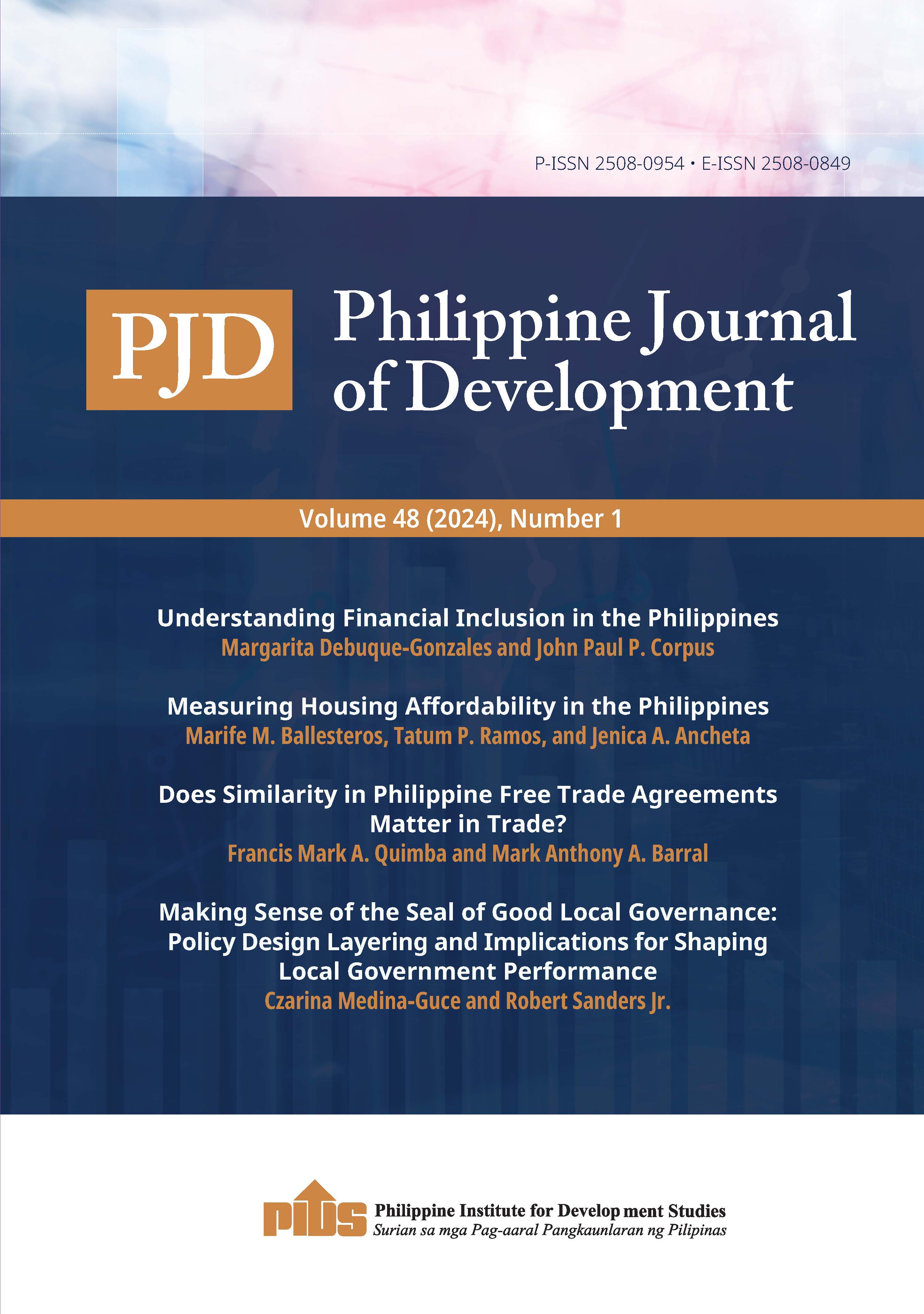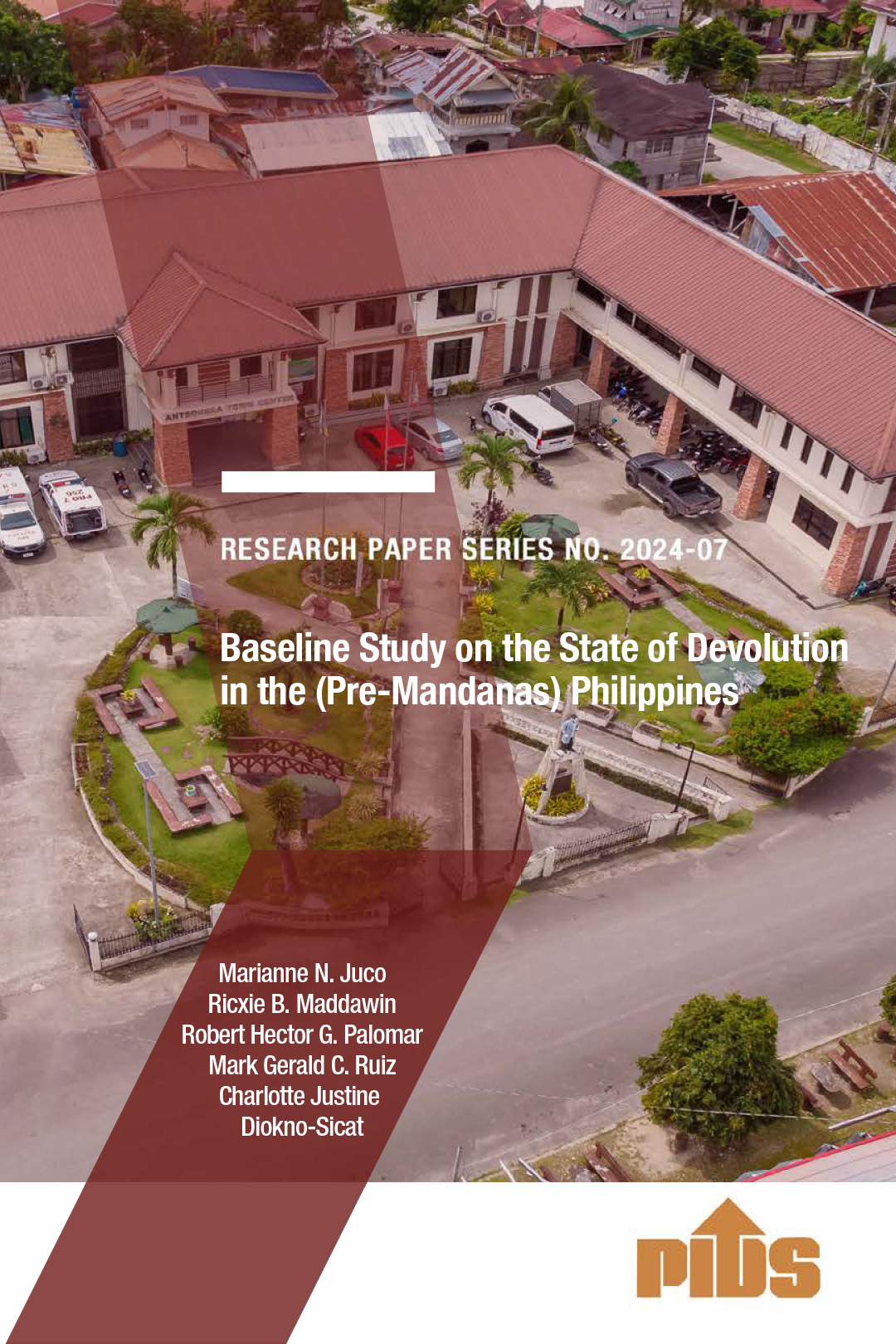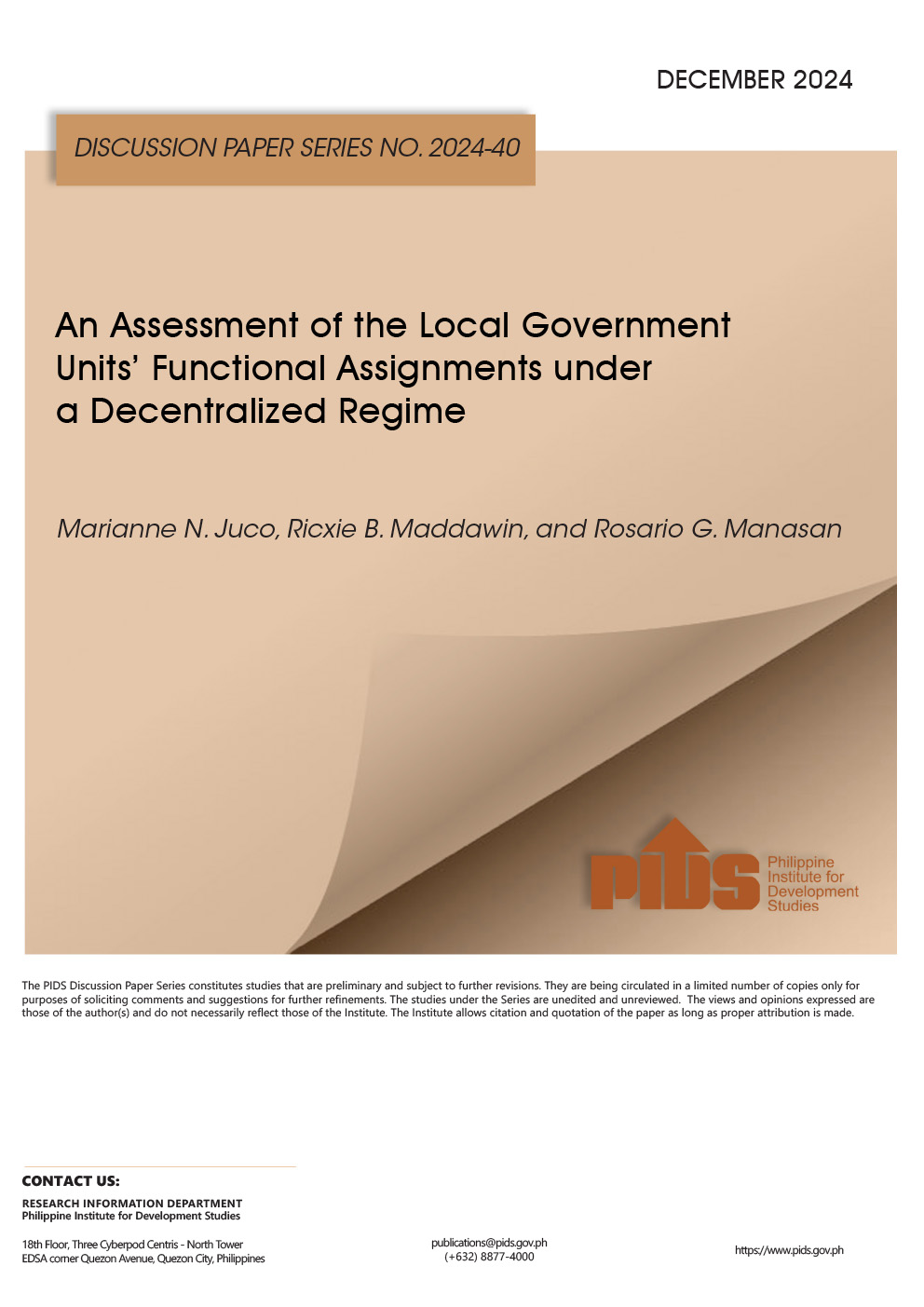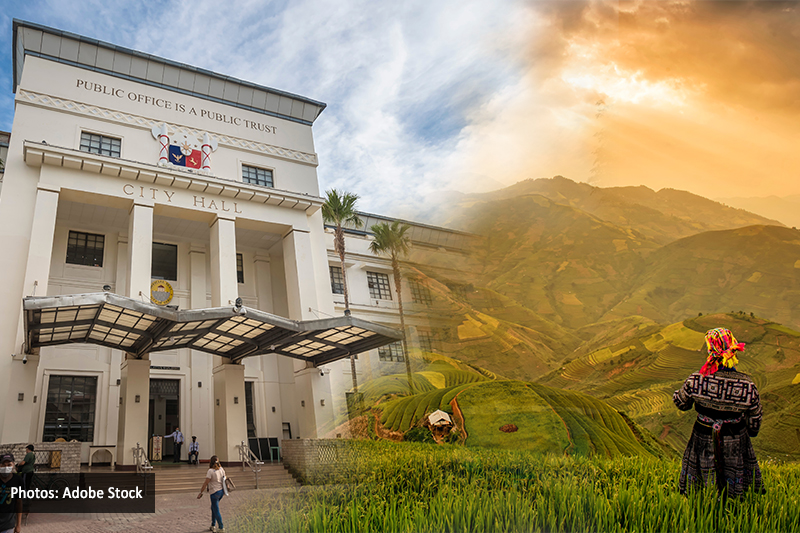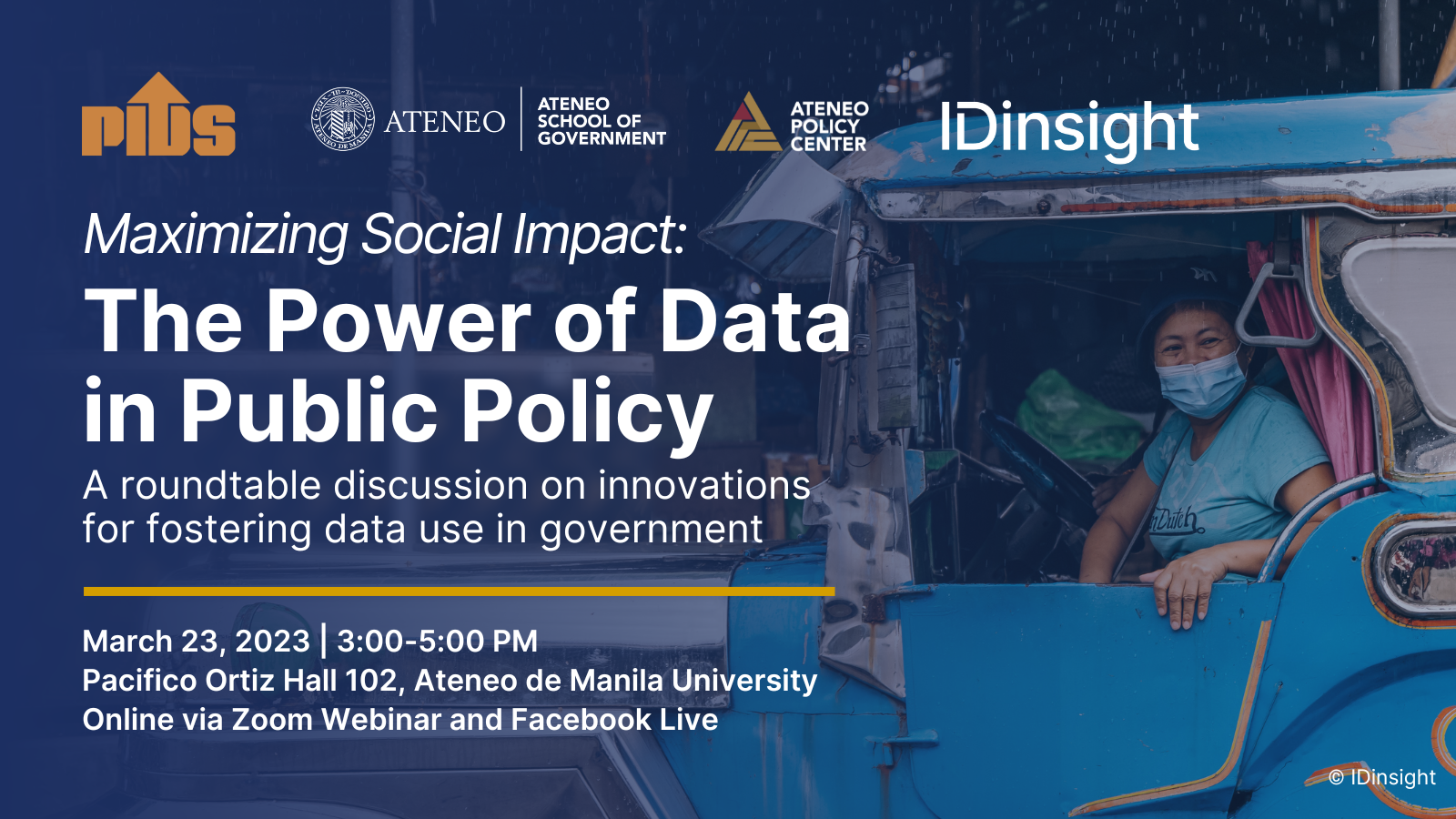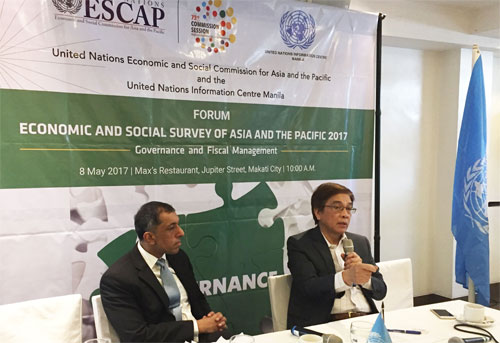
Effective governance leads to economic growth. State think tank Philippine Institute for Development Studies (PIDS) President Gilberto Llanto said that effective governance includes being able to collect resources and spending them wisely and efficiently.
Speaking during a forum organized by the United Nations Economic and Social Commission for Asia and the Pacific (UNESCAP) for the presentation of the 2017 Economic and Social Survey of Asia and the Pacific held in Makati recently, Llanto pointed out that the country is heading in a direction anchored on fiscal discipline and allocative and operational efficiency, as seen in its 2018 budget priorities framework.
To avoid underspending caused by inefficient use of resources, “shovel-ready” budget proposals should already be prepared, said Llanto. He also urged government to improve its planning and procurement processes.
In addition, he added that it is about time the tax system is reformed, noting that the last major tax reform in the country was in 1997.
Despite issues surrounding it, the current tax reform proposal is already a big leap, according to Llanto, saying that the focus should be on the long-term gains.
“There will be pain in these tax reforms because all reforms will hit sectors differently… but then think of the gains that we will have because of the pain,” Llanto said.
Meanwhile, UNESCAP Economic Officer Shuvojit Banerjee, in the same forum, said that there is a positive economic outlook for this year for the Asia-Pacific region although it is still vulnerable to rising global uncertainties and protectionism. The survey projected that developing economies in Asia will grow at 5.0 and 5.1 percent in 2017 and 2018, respectively.
Banerjee said that there are “very positive numbers for Southeast Asia” and the way to sustain these is through fiscal management backed by good governance.
“If you want to have good fiscal management, if you want to raise taxes efficiently and spend taxes efficiently, none of those is possible without governance,” he explained, pointing out that it is “quite a concern” in the region.
To yield positive results, transparency and accountability in government should be enhanced, Banerjee said, stressing the negative effects of corruption.
“If people feel that there is an atmosphere of corruption, people are not as likely to pay taxes. If there is a reduction in the perceived level of corruption, that improves the ability of the government to raise money because people are more likely to pay,” Banerjee explained. ###
Speaking during a forum organized by the United Nations Economic and Social Commission for Asia and the Pacific (UNESCAP) for the presentation of the 2017 Economic and Social Survey of Asia and the Pacific held in Makati recently, Llanto pointed out that the country is heading in a direction anchored on fiscal discipline and allocative and operational efficiency, as seen in its 2018 budget priorities framework.
To avoid underspending caused by inefficient use of resources, “shovel-ready” budget proposals should already be prepared, said Llanto. He also urged government to improve its planning and procurement processes.
In addition, he added that it is about time the tax system is reformed, noting that the last major tax reform in the country was in 1997.
Despite issues surrounding it, the current tax reform proposal is already a big leap, according to Llanto, saying that the focus should be on the long-term gains.
“There will be pain in these tax reforms because all reforms will hit sectors differently… but then think of the gains that we will have because of the pain,” Llanto said.
Meanwhile, UNESCAP Economic Officer Shuvojit Banerjee, in the same forum, said that there is a positive economic outlook for this year for the Asia-Pacific region although it is still vulnerable to rising global uncertainties and protectionism. The survey projected that developing economies in Asia will grow at 5.0 and 5.1 percent in 2017 and 2018, respectively.
Banerjee said that there are “very positive numbers for Southeast Asia” and the way to sustain these is through fiscal management backed by good governance.
“If you want to have good fiscal management, if you want to raise taxes efficiently and spend taxes efficiently, none of those is possible without governance,” he explained, pointing out that it is “quite a concern” in the region.
To yield positive results, transparency and accountability in government should be enhanced, Banerjee said, stressing the negative effects of corruption.
“If people feel that there is an atmosphere of corruption, people are not as likely to pay taxes. If there is a reduction in the perceived level of corruption, that improves the ability of the government to raise money because people are more likely to pay,” Banerjee explained. ###

